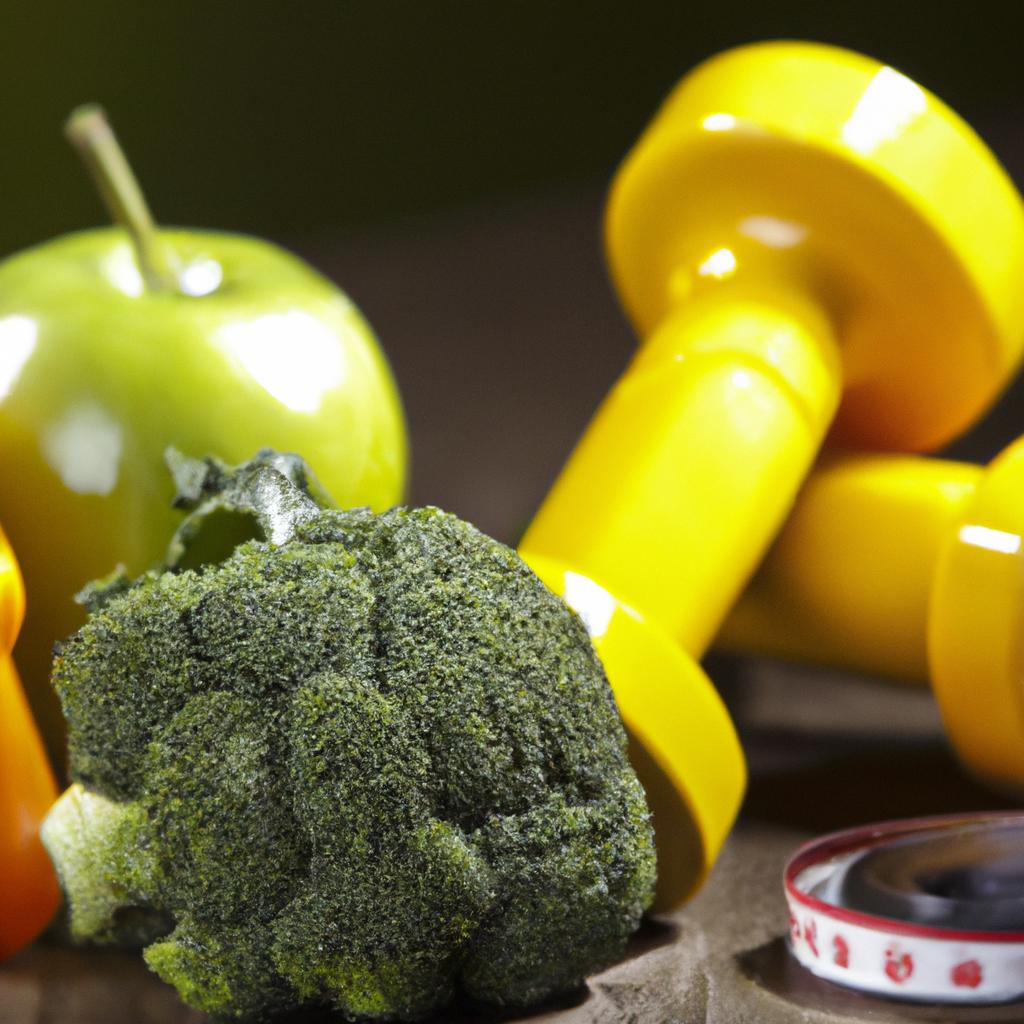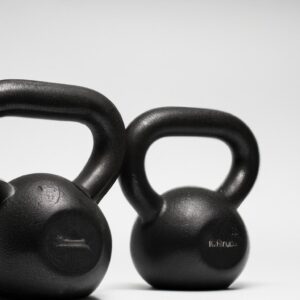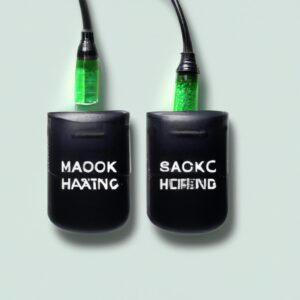**”The Role of Nutrient Density in Recovery Nutrition: Prioritizing Whole Foods for Optimal Muscle Repair and Energy Restoration Post-Workout”**
# The Role of Nutrient Density in Recovery Nutrition: Prioritizing Whole Foods for Optimal Muscle Repair and Energy Restoration Post-Workout
In the realm of fitness and exercise, the importance of recovery nutrition is often overshadowed by the pre-workout hustle and the adrenaline of performance. However, what you consume after a workout can significantly influence your recovery, muscle repair, and overall energy restoration. Nutrient density—defined as the ratio of essential nutrients to the number of calories in a food—plays a pivotal role in recovery nutrition. This blog post will delve into the significance of nutrient-dense whole foods, offering practical tips, exercise advice, and health benefits to help you reap the most from your post-workout meals.
## Understanding Nutrient Density
### What is Nutrient Density?
Nutrient density refers to foods that provide a high amount of vitamins, minerals, and other beneficial nutrients relative to their caloric content. For instance, leafy greens, nuts, seeds, and whole grains are considered nutrient-dense because they offer a plethora of nutrients without being calorie-heavy. In contrast, foods high in added sugars and unhealthy fats tend to be calorie-dense with minimal nutritional value.
### Why Nutrient Density Matters for Recovery
Post-exercise, your body undergoes a series of physiological changes that require proper nutrition for optimal recovery. Nutrient-dense foods can facilitate muscle repair, replenish glycogen stores, and reduce inflammation. By prioritizing these foods, you can ensure that your body receives the necessary building blocks to recover effectively, reducing the risk of injury and enhancing overall performance.
## Nutrition Tips for Recovery
1. **Prioritize Protein**: Aim for a post-workout meal that includes high-quality protein sources such as lean meats, fish, eggs, or plant-based options like legumes and tofu. Protein is essential for muscle repair and growth.
2. **Incorporate Healthy Carbohydrates**: Whole grains, fruits, and starchy vegetables are excellent carbohydrate sources that help restore glycogen levels after intense workouts. Opt for options like quinoa, sweet potatoes, and berries.
3. **Add Healthy Fats**: Include healthy fats from sources like avocados, nuts, and olive oil. These fats support overall health and can help reduce inflammation in the body.
4. **Stay Hydrated**: Hydration is crucial for recovery. Drink plenty of water and consider adding electrolytes if you’ve engaged in prolonged or intense exercise.
5. **Include Antioxidant-Rich Foods**: Foods like berries, dark leafy greens, and nuts are rich in antioxidants that can combat oxidative stress and inflammation, promoting quicker recovery.
## Exercise Advice for Optimal Recovery
### Timing Matters
To maximize the benefits of your post-workout nutrition, aim to consume a meal or snack within 30 to 60 minutes after exercising. During this window, your muscles are particularly receptive to nutrients, making it an ideal time for replenishment.
### Listen to Your Body
Recovery isn’t just about nutritional intake; it also involves understanding your body’s signals. Pay attention to how you feel post-exercise. If you’re fatigued, sore, or experiencing muscle cramps, it may indicate that your body requires more nutrients or rest.
### Incorporate Active Recovery
Engaging in low-intensity activities such as walking, yoga, or light stretching can enhance blood circulation, contributing to better nutrient delivery to muscles and aiding recovery.
## Health Benefits of Nutrient-Dense Foods
### Enhanced Muscle Repair
Nutrient-dense foods provide the essential amino acids and micronutrients necessary for muscle recovery. This can lead to reduced muscle soreness and faster recovery times, allowing for more effective training cycles.
### Improved Energy Levels
Consuming a balanced post-workout meal that focuses on nutrient density can help restore energy levels more quickly. This means that you will feel more energized for your next workout session and daily activities.
### Reduced Inflammation
Many nutrient-dense foods are rich in anti-inflammatory compounds, which can help alleviate post-exercise inflammation. This can enhance your overall well-being and prevent chronic health issues.
### Better Overall Health
A diet rich in whole, nutrient-dense foods promotes overall health, reducing the risk of chronic diseases, improving immune function, and supporting mental health—all of which contribute to a more effective recovery process.
## Conclusion
In summary, prioritizing nutrient-dense whole foods in your recovery nutrition is crucial for optimal muscle repair and energy restoration post-workout. By focusing on high-quality proteins, healthy carbohydrates, and beneficial fats, along with staying hydrated and listening to your body, you can enhance your recovery, improve performance, and promote overall health. The right nutritional choices can make all the difference in how effectively your body bounces back after exercise, allowing you to train harder and achieve your fitness goals.















Post Comment